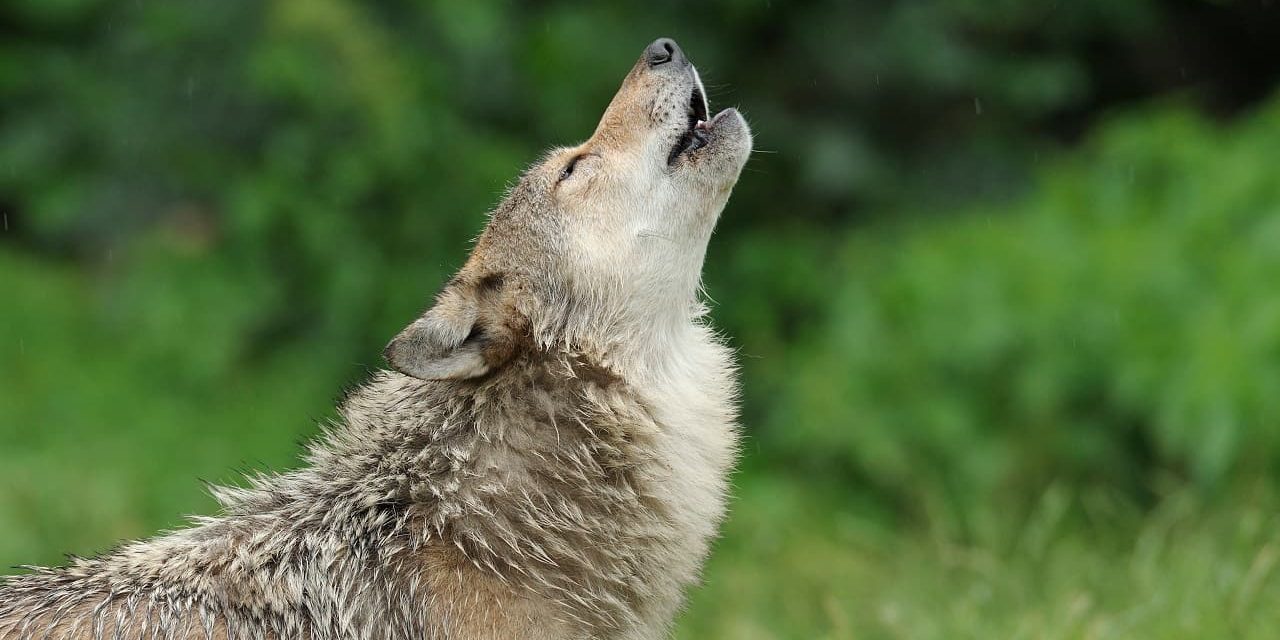No wolves or ‘coywolves’ in Mississauga, animal experts say
Published January 24, 2023 at 10:01 am

Mississauga may have a bit of a coyote problem, but there’s no such issue with wolves or “coywolves” in the city.
That’s because, according to City of Mississauga Animal Services officials, there simply aren’t any of those closely-related creatures roaming Mississauga’s forests and larger woodlands.
To be more accurate, the term “coywolf” does not even describe a designated subspecies, Animal Services officials note.
What Mississauga residents have been seeing over the years–in growing numbers for many years before a decrease in coyote sightings the last 12 months or so–is the eastern coyote. That animal populates the woodlands of Mississauga and pretty much the entire eastern portion of Canada and the U.S.
“Eastern coyotes are distinguishable from dogs and wolves,” Mississauga officials explain. “They come in a variety of colours and shades, weighing approximately 25 to 45 pounds. Their fur grows thick in the winter to protect them from the harsh winter weather. This results in the coyote appearing larger than it actually is.
“Animal Services occasionally receives calls for ‘coywolves’ or wolf sightings. Mississauga does not have wolves or ‘coywolves’; Mississauga only has eastern coyotes. While eastern coyotes share ancestral DNA with the domestic dog, the western coyote and eastern and western wolves, the initial cross-breeding happened more than 100 years ago.”
Roland Kays, research associate professor of wildlife and scientist at NC Museum of Natural Sciences, North Carolina State University, backs up that assessment in his findings/genetic tests that show all eastern coyotes are a mix of three species: coyote, wolf and dog.
His studies show, among other things, that coyotes in the Northeast are mostly coyote (60 to 84 per cent), with lesser amounts of wolf (eight to 25 per cent) and dog (eight to 11 per cent).
“There is no single new genetic entity that should be considered a unique species. Instead, we are finding a large intermixing population of coyotes across the continent, with a smattering of non-coyote DNA mixed in to varying degrees along the eastern edge (of Canada and the U.S.),” Kays concluded in a 2015 publication.
Meanwhile, Mississauga officials said earlier this month that the number of reported coyote incidents across the city is on the sharp decline the last two years.
They believe residents may finally be getting the message to not feed the wild animals, which has been a concern over the years.
Animal Services staff said that in 2021 and 2022 they have seen a decline in coyote incidents by about 81 per cent, with no reported coyote incidents involving humans.
Still, Mississauga residents must remain vigilant in efforts to keep wildlife in its own habitat and away from city streets and neighbourhoods, the City adds.
Animal Services officials say they proactively address coyote concerns with the community by:
- recording, mapping and active monitoring of reported sighting/incident information
- responding to coyote sightings in public areas involving injury, illness or bold behaviour
- providing educational mailouts and outreach to neighbourhoods, schools and businesses
- installing educational park signs, temporary boulevard signage and using electronic billboards
- conducting patrols to monitor for bold coyote behaviour, intentional wildlife feeding and off-leash dogs
- deterring coyote activity using aversion conditioning (hazing)
- investigating, educating and issuing fines for wildlife feeding
- hosting educational seminars for schools and various groups in the community
- providing education and safety messaging on the City’s social media channels
- identifying property standards concerns and forwarding them to the appropriate department for investigation
- partnering with councillors on developing messaging, response and implementation of coyote strategy
To report wildlife feedings or an aggressive, sick or injured coyote, call 905-896-5858.
INsauga's Editorial Standards and Policies




